Sunflower Oil in Everyday Belarusian Cooking
10 min read Exploring how sunflower oil is essential in Belarusian kitchens, enhancing traditional dishes and everyday culinary practices. September 01, 2025 12:05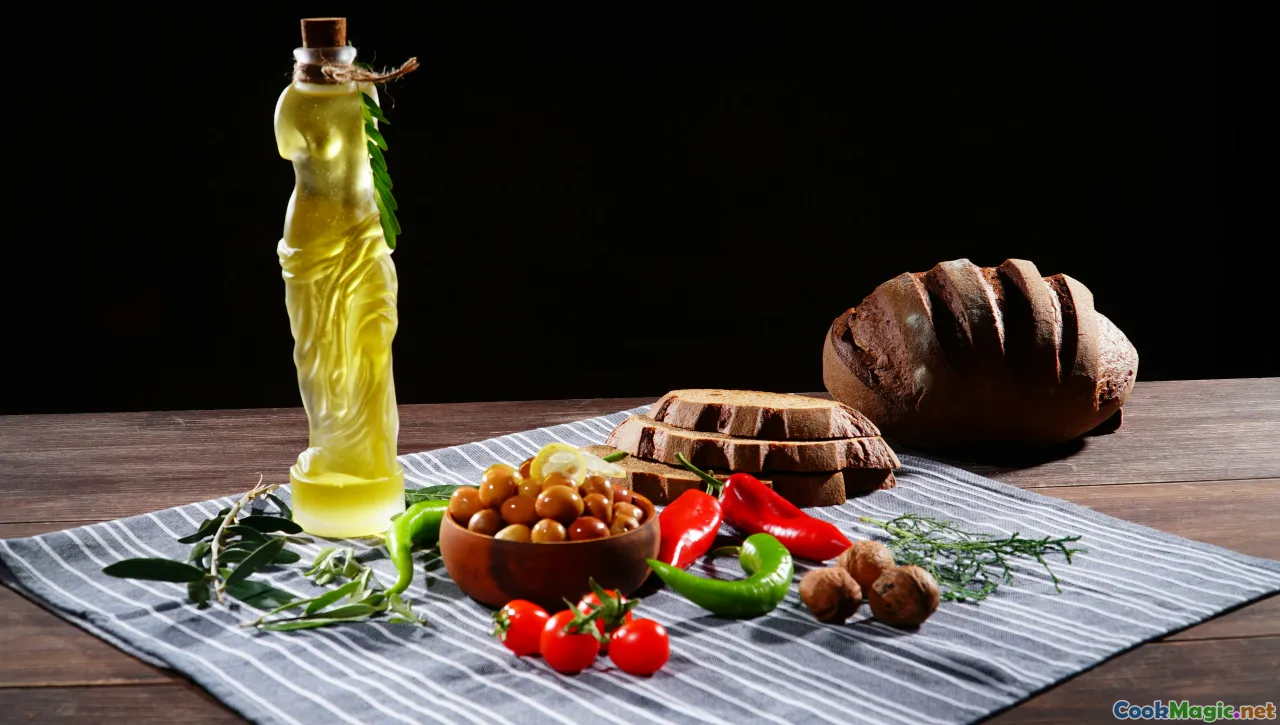
Sunflower oil holds an esteemed place in the heart of Belarusian cuisine, a humble yet vital ingredient that weaves through the nation's culinary tapestry. As a Belarusian culinary enthusiast and writer, I’ve spent years exploring the rich flavors, aromas, and textures that sunflower oil imparts to traditional dishes. Its golden hue and delicate nutty aroma evoke images of vast sunflower fields swaying in the breeze, a defining landscape feature in Belarus. This oil is more than just a cooking staple; it is a cultural symbol, a storyteller shaped by history, geography, and everyday life.
The Historical and Cultural Roots of Sunflower Oil in Belarusian Life
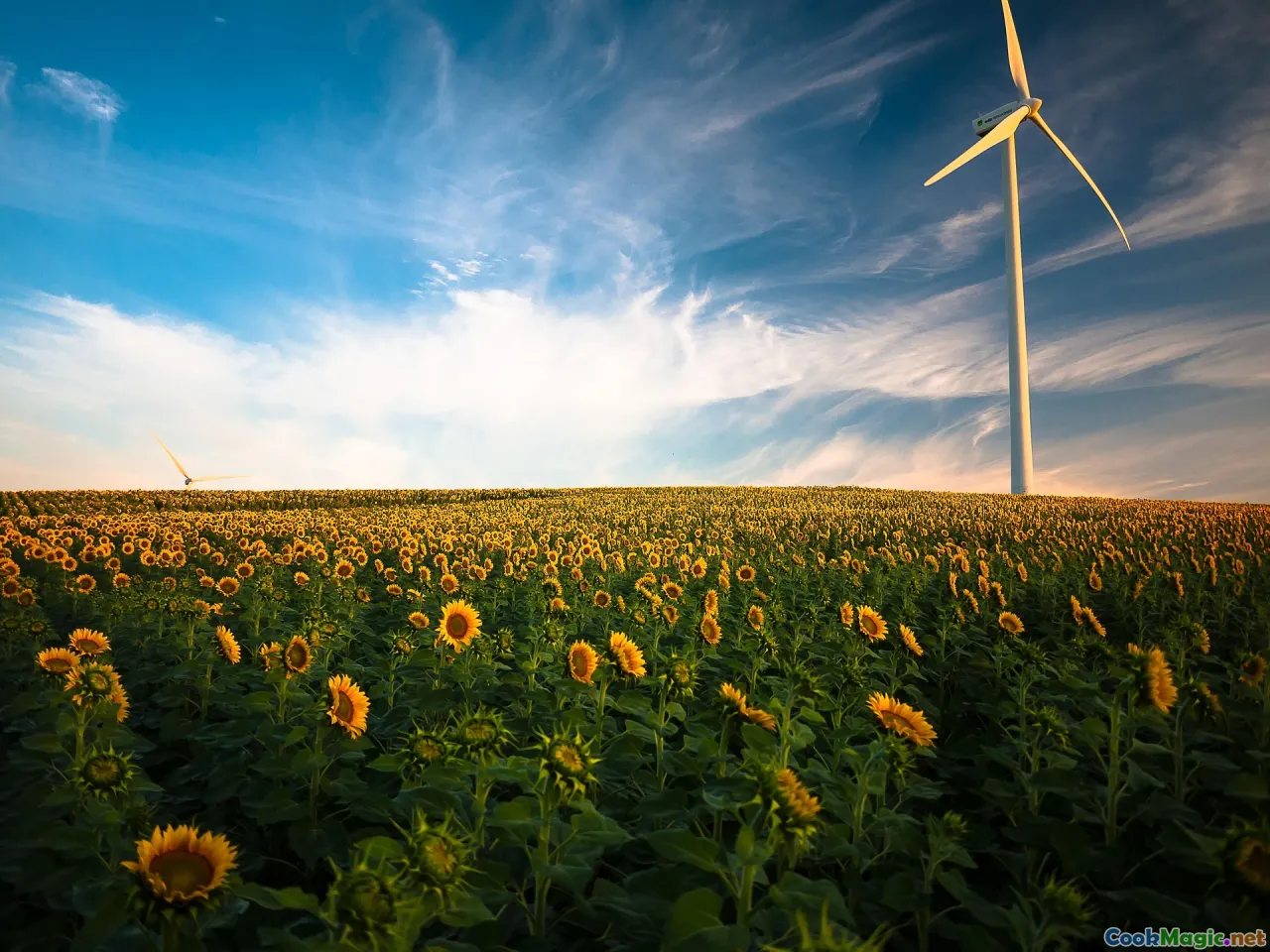
Belarus boasts a history deeply intertwined with sunflower cultivation. In the early 19th century, sunflower became an integral crop in Belarusian agriculture, driven by the Soviet Union's push to develop oilseed plants for both local consumption and export. The hardy sunflower, thriving in Belarus’s rich, loamy soils, quickly became more than just a crop—an emblem of resilience and abundance.
In rural villages, harvesting sunflower seeds is more than an agricultural process; it’s a communal event where families gather in fields at sunrise, cheeks stained with dirt and smiles wide with anticipation. Once harvested, seeds are gently pressed to extract oil, often in traditional small-scale presses using techniques passed down through generations. This homemade oil embodies authenticity, a tangible link to Belarusian traditions and daily life.
The Unique Characteristics of Belarusian Sunflower Oil
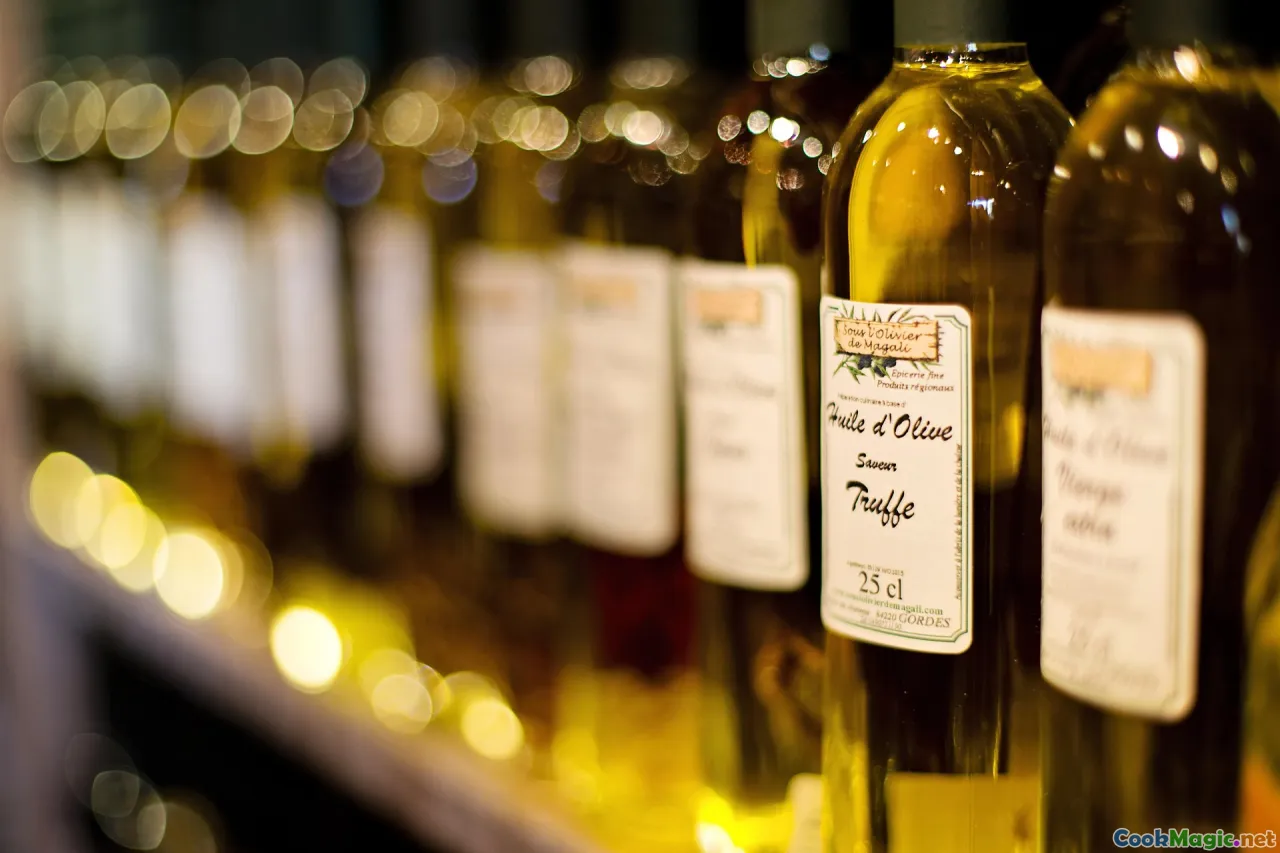
Belarusian sunflower oil is renowned for its striking golden color, which glows like liquid amber, inviting an immediate sensory response. The aroma is faintly nutty with a whisper of earthiness, a testament to its pure, minimally processed roots. Its flavor profile is delicately mild, enhancing dishes without overpowering original ingredients.
Interestingly, Belarusian sunflower oil tends to have a higher polyunsaturated fatty acid content, making it a healthier choice that underscores the conscience of the Belarusian cook. Its high smoke point (around 440°F / 226°C) makes it remarkably versatile, from shallow frying to drizzling raw atop salads.
Everyday Uses and Traditional Dishes Showcasing Sunflower Oil
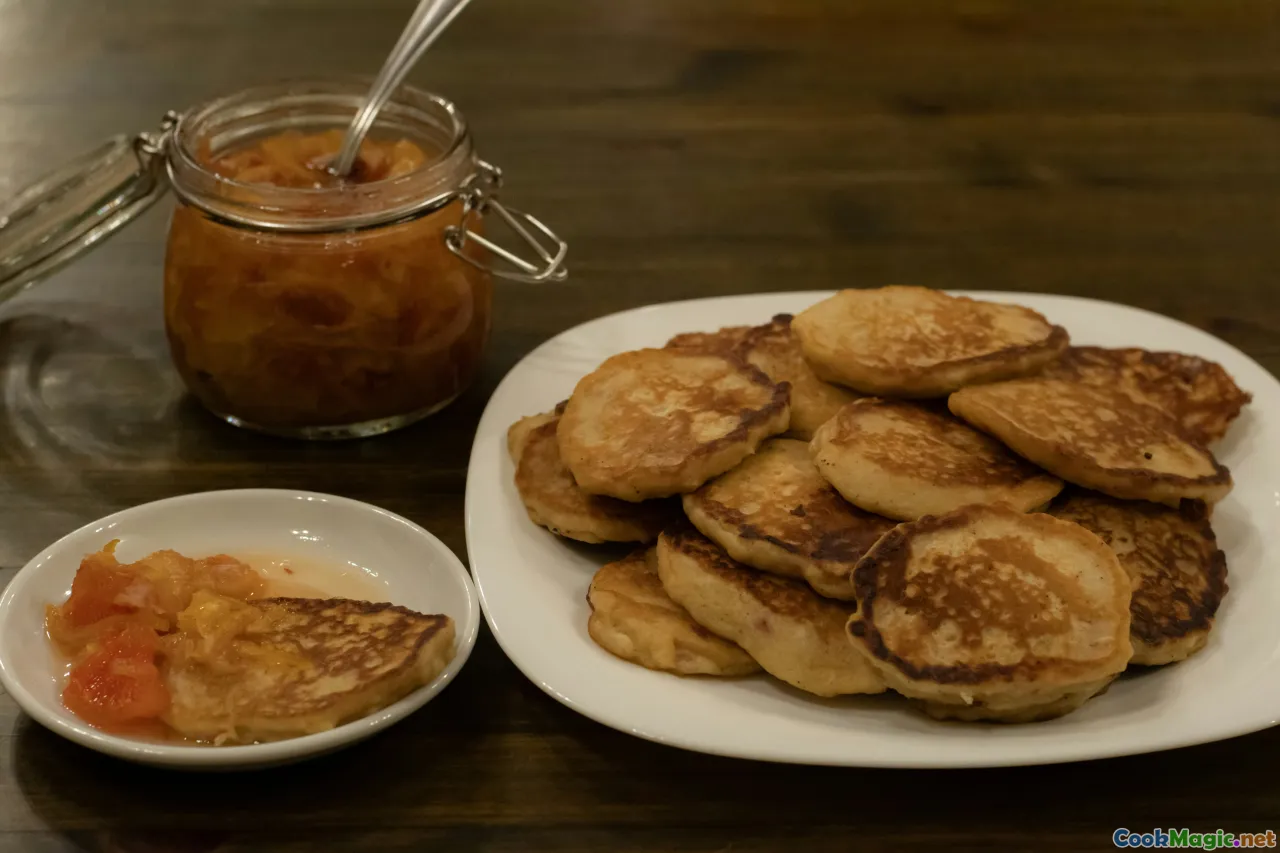
In Belarusian kitchens, sunflower oil is a culinary cornerstone, a silent partner that elevates humble ingredients into hearty, comforting dishes.
Frying and Sautéing
The aroma of frying onions in sunflower oil—soft but fragrant—is the aromatic beginning of many Belarusian soups and stews. Potroshka, a traditional potato pancake, is made irresistibly crispy on the outside yet tender within, thanks to a generous coating of sunflower oil. The oil’s high heat tolerance ensures a crisp finish that remains light, avoiding greasiness.
Baking and Pastry Making
Sunflower oil lends its moist, tender crumb to baked goods like babka (sweet braided bread) and pirozhki (filled pastries). Its neutral flavor allows fillings—beef, mushroom, or fruit—to take center stage, while the oil keeps the dough supple and moist.
Dressing and Finishing
A drizzle of locally pressed sunflower oil over freshly cut cucumbers, radishes, and greens transforms simple salads into elegant, memorable dishes. Elderly Belarusian grandmothers often add a splash to hot soups, such as borscht, where it imparts a shimmering sheen and subtle richness.
Traditional Celebrations
On special occasions, sunflower oil is used in ceremonial baked goods and festive snacks. During Kupalle (a summer festival), hand-made bread baked with sunflower oil symbolizes prosperity and hospitality.
Comparing Sunflower Oil with Other Fats in Belarusian Cooking
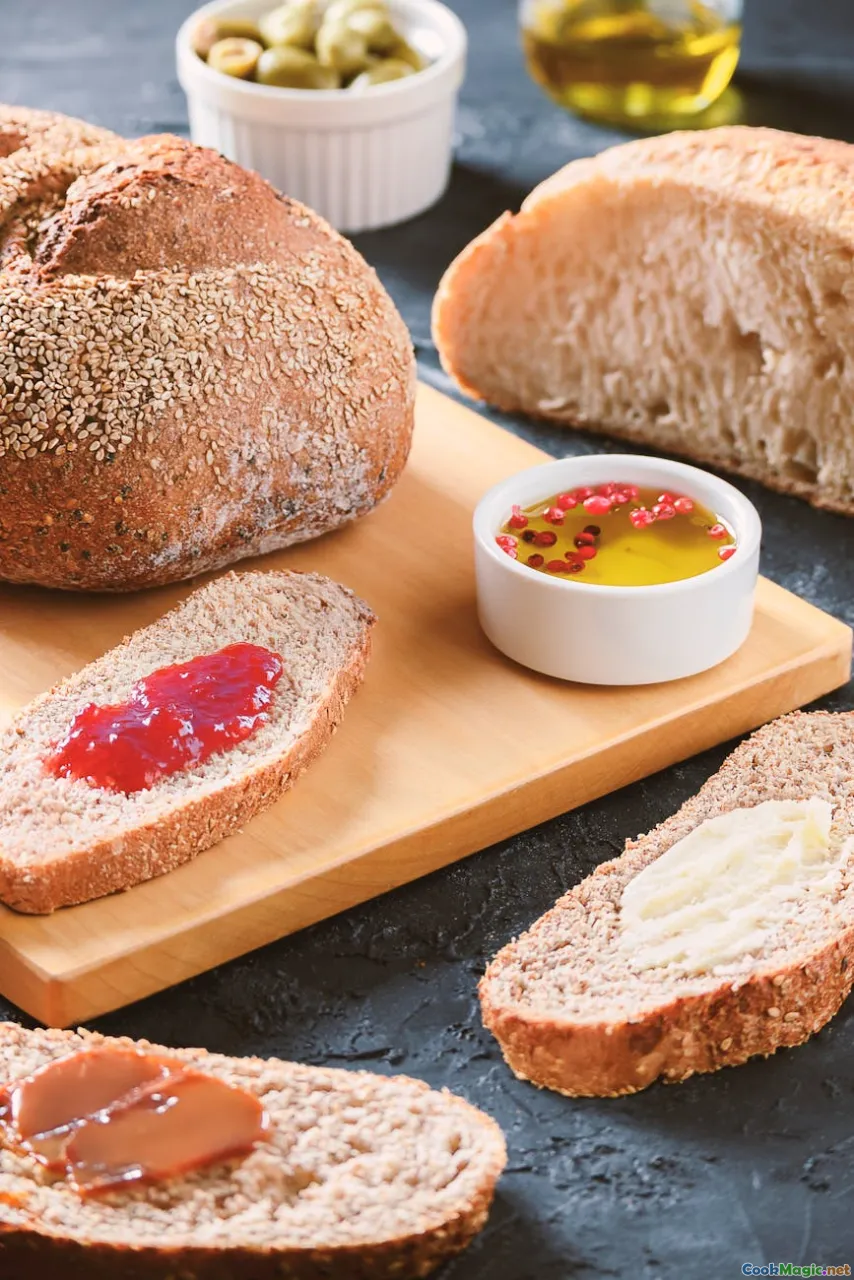
While butter and lard also have a place in Belarusian cuisine, sunflower oil’s widespread adoption speaks to its health benefits and versatility. Butter’s creamy richness is preferred for some pastries, but sunflower oil’s lightness and neutral flavor make it the preferred choice for everyday cooking.
The shift from traditional animal fats to sunflower oil in post-Soviet Belarus reflects modern trends toward healthier cooking without sacrificing flavor. Its affordability and shelf stability also appeal to busy households.
Tips for Cooking with Sunflower Oil in Belarusian Cuisine
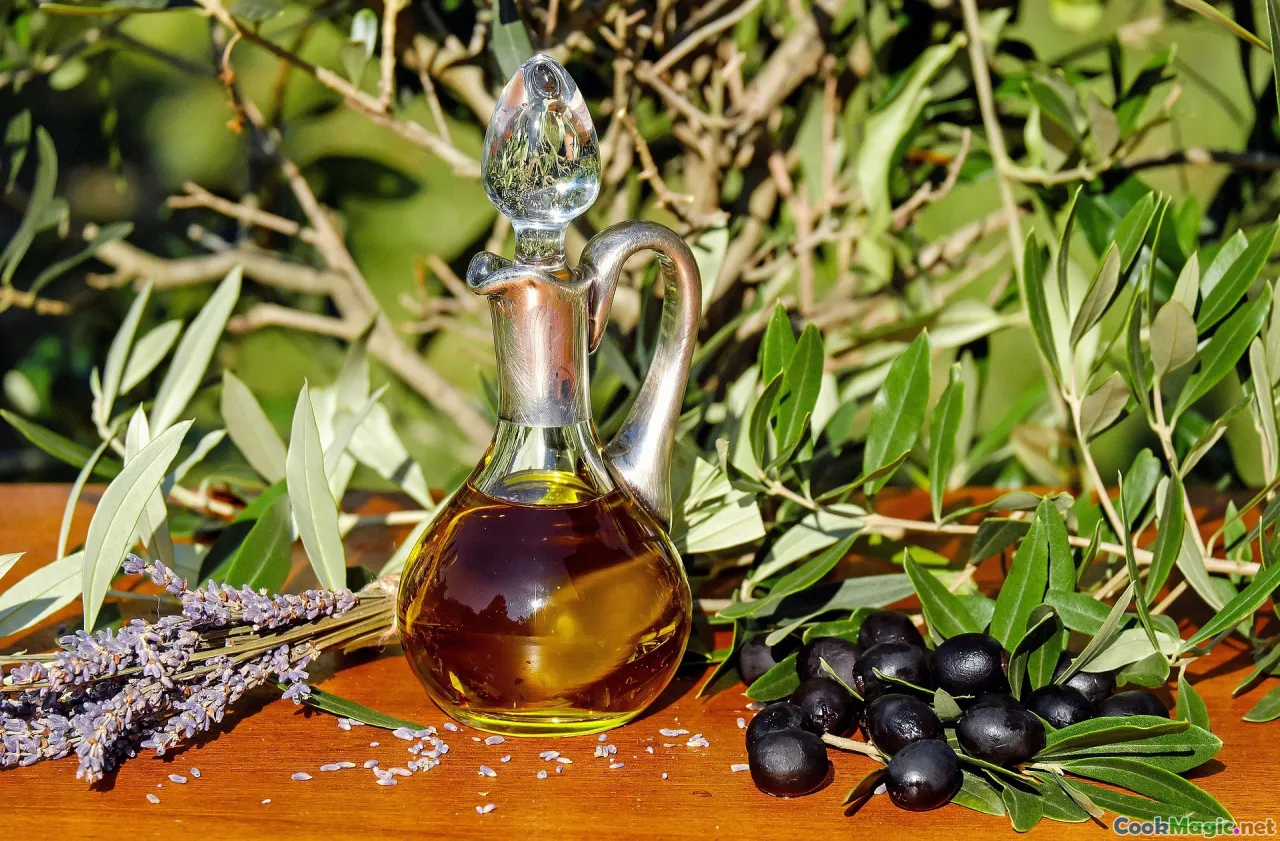
To make the most of sunflower oil’s qualities, keep these tips in mind:
- Use fresh oil: Freshly pressed sunflower oil retains more aroma and flavor, so try to buy from local producers or reputable brands.
- Maintain appropriate heat: Its high smoke point makes it perfect for frying, but never leave oil to overheat to avoid nutty or smoky flavors.
- Enhance, don’t overpower: Use sunflower oil generously to elevate the natural flavors of vegetables, grains, and meats.
- Experiment with cold uses: drizzle over salads or as a finishing touch to soups for added shine and depth.
Personal Stories and Places That Celebrate Sunflower Oil
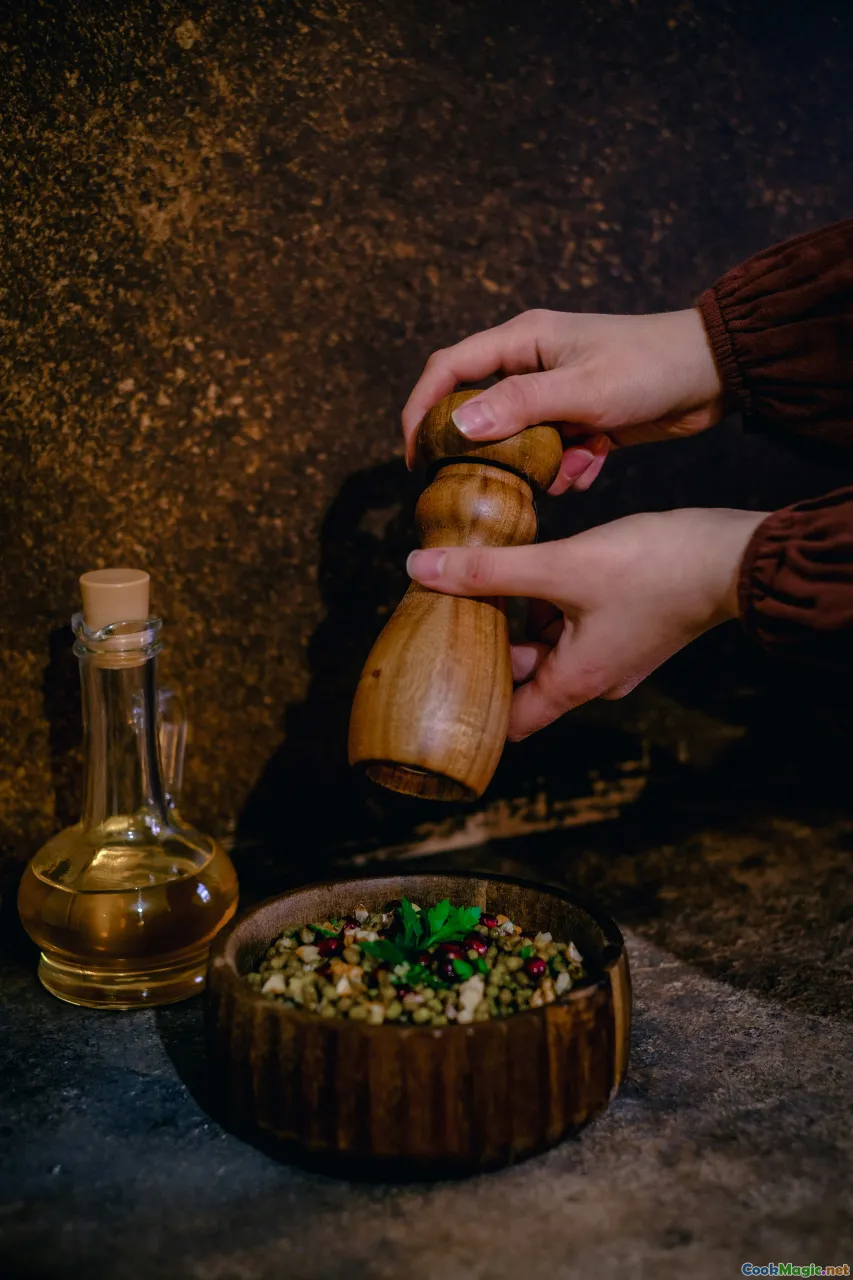
One of my most cherished memories is wandering through a bustling Belarusian market, where vendors display glass-bottled sunflower oil—the honey-golden liquid catching the sunlight. The scent of fresh sunflower seeds and the crunch of kernels being pressed evoke a sensory hug.
In the old city of Minsk, several family-run farms still produce artisanal sunflower oil, pressed in weathered wooden mills beside their homes. Sampling their oil—delicately poured over warm potato pancakes or used to sauté fresh cabbage—connects me deeply to the Belarusian rural heartbeat.
The Emotional and Cultural Connection of Sunflower Oil

Sunflower oil in Belarus is much more than an ingredient; it embodies tradition, hospitality, and resilience. It’s present at family dinners, sacred celebrations, and everyday moments—each drop a testament to generations of farmers and cooks ensuring that their cultural heritage endures.
Sharing a meal prepared with sunflower oil often involves storytelling—reminding us that food is history, memory, and identity intertwined. A simple Belarusian salad dressed with sunflower oil can become a symbol of home and belonging.
Closing Reflections—Sunflower Oil as a Cultural Pillar

In many ways, sunflower oil mirrors the soul of Belarusian cuisine: humble, resilient, and quietly profound. Its journey from lush sunflower fields to the family table is a testament to the richness of Belarusian land and tradition.
Whether you’re frying hearty Kartoffelsalat, baking fragrant bread, or drizzling over fresh vegetables, sunflower oil provides a bridge to Belarus’s culinary soul. It reminds us that even the simplest ingredients, when handled with care and love, can evoke the most profound sensory and emotional responses.
So next time you cook a Belarusian dish, pause to appreciate the flicker of golden oil—part of a long-standing story of land, labor, and the enduring spirit of Belarus.









